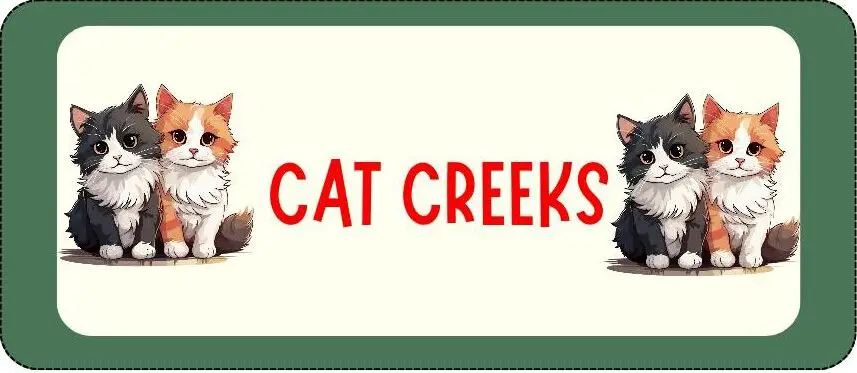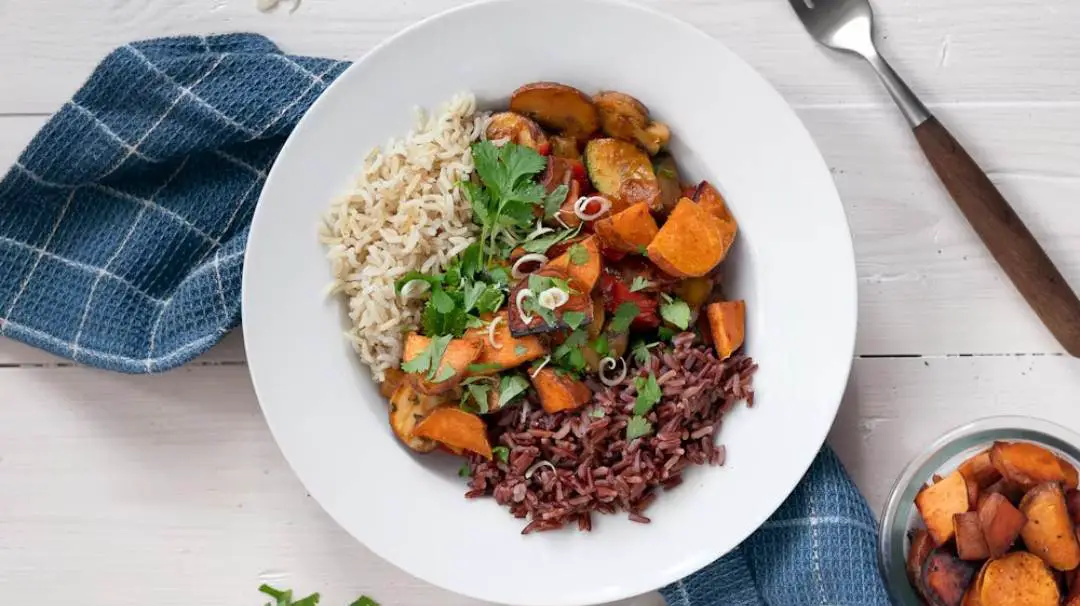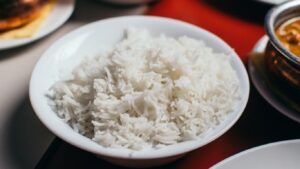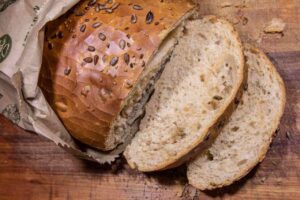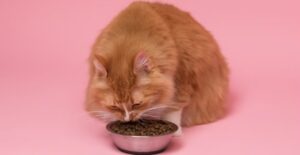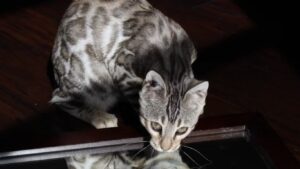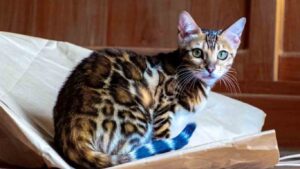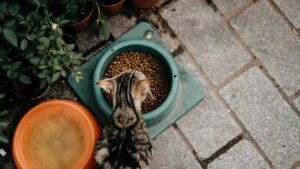Welcome to my blog, where I’ll reveal the top foods you should never feed your Bengal cat!
As a responsible Bengal cat owner, it’s crucial to be aware of these potential dangers lurking in your kitchen.
So, grab a cup of coffee and join me on this enlightening journey to keep your furry friend safe and healthy!
What should you not feed a Bengal cat?
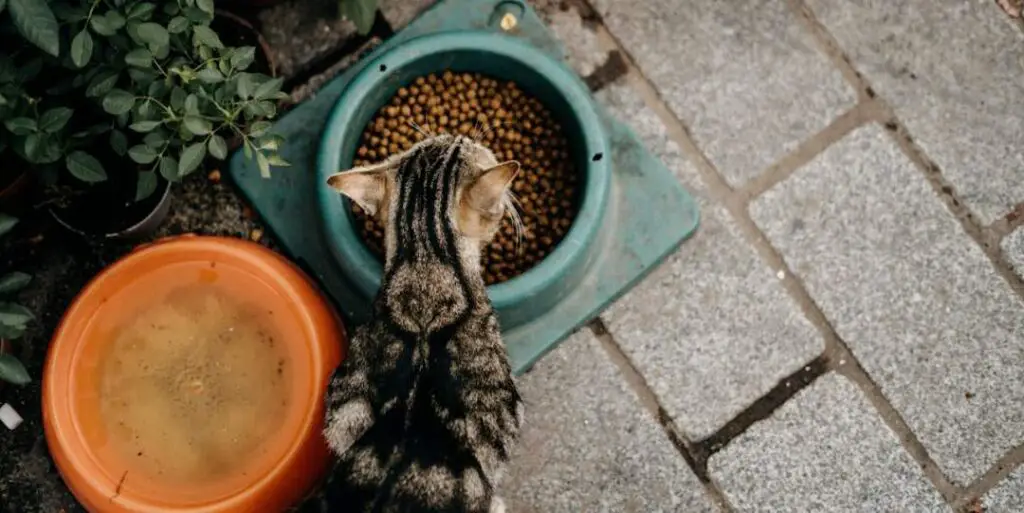
You should not feed a Bengal cat any toxic foods such as chocolate, onions, or garlic, as they can be harmful to their health.
Additionally, avoid giving them bones or cooked fatty meats, as these can cause digestive issues or obstructions.
When it comes to feeding a Bengal cat, it is important to remember that all cats, including Bengals, are obligate carnivores and require a meat-based diet to thrive.
It is important to provide a balanced diet specifically formulated for cats to ensure their nutritional needs are met.
That being said, I will dig deeper to explain these foods that you shouldn’t give your being cat and why you shouldn’t give them to your Bengal:
1. Raw Onions
Raw onions may be a common ingredient in our kitchens, but they should never find their way into your Bengal cat’s bowl.
Onions contain a substance called N-propyl disulfide, which can cause damage to a Bengal cat’s red blood cells.
This can lead to a condition called hemolytic anemia, where the red blood cells break down faster than the body can replace them.
Symptoms of onion poisoning in Bengal cats include weakness, pale gums, and breathlessness.
If you suspect your Bengal cat has ingested raw onions, it’s crucial to seek immediate veterinary attention.
Try and resist the urge to add raw onions to any food your Bengal will eat to avoid unnecessary issues.
2. Raw Garlic
Similar to raw onions, raw garlic can pose serious health risks to Bengal cats, and this can be avoided.
Garlic contains compounds like thiosulphate, which can cause oxidative damage to a cat’s red blood cells, leading to anemia.
Additionally, it can irritate the gastrointestinal tract, leading to symptoms such as vomiting, diarrhea, and abdominal pain in Bengal cats.
It’s essential to keep any dishes containing raw garlic out of your Bengal cat’s reach to avoid accidental ingestion.
3. Chocolate
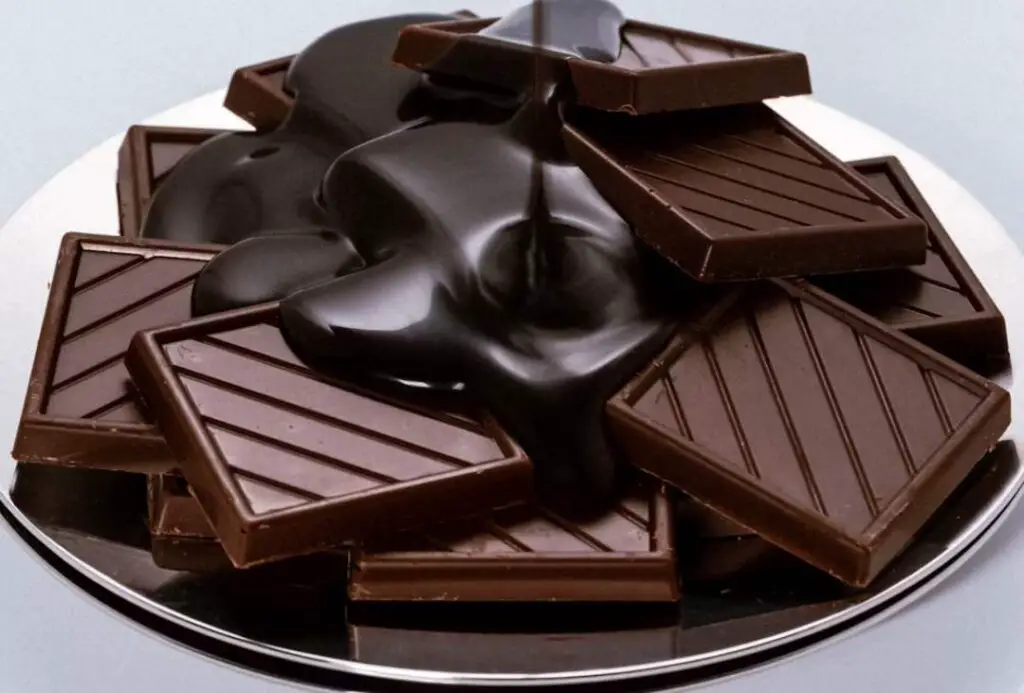
While chocolate might be a delightful treat for us humans, it’s a definite no-no for Bengal cats.
Chocolate contains a substance called theobromine, which is toxic to Bengal cats and other cats, this can be simply avoided.
When ingested, theobromine can affect a Bengal cat’s central nervous system, heart, and kidneys.
Symptoms of chocolate poisoning in Bengal cats include restlessness, increased heart rate, tremors, vomiting, and even seizures.
In severe cases, it can be fatal. If you suspect your Bengal cat has consumed chocolate, don’t hesitate to contact your veterinarian immediately.
4. Table Scraps
Feeding table scraps to your Bengal cat may seem like a kind gesture, but it can lead to various health issues.
Most Bengal cat owners are guilty of feeding table scraps to their Bengal cat because they can’t say no to their cat when they beg.
Human food is often high in fat, salt, and spices, which can be detrimental to a Bengal cat’s digestive system.
Foods like fatty meats, fried foods, and heavily seasoned dishes can cause digestive upset, pancreatitis, and even obesity in Bengal cats.
Additionally, some ingredients commonly found in table scraps, such as onions and garlic, as discussed earlier, can be toxic to Bengal cats.
It’s best to avoid feeding your Bengal cat table scraps altogether and instead provide them with a balanced and nutritionally complete cat food specifically formulated for their dietary needs.
5. Fatty Foods
While we might find it tempting to share our indulgent treats with our Bengal cats, it’s crucial to resist the urge.
Foods that are high in fat, such as fried or greasy items, can lead to digestive issues and even pancreatitis in Bengal cat and other cats.
The high fat content can be difficult for their bodies to process, potentially causing vomiting, diarrhea, or abdominal pain.
It’s essential to stick to a balanced and specially formulated diet for your Bengal cat to ensure their optimal health.
6. Lemons and Limes
Citrus fruits like lemons and limes may be refreshing and tangy for us, but they can cause harm to our Bengal cats.
These fruits contain essential oils and compounds, such as limonene and psoralen, which are toxic to Bengal cats and other cats.
Ingesting even a small amount can lead to stomach upset, vomiting, and diarrhea in Bengal cats.
Additionally, the acidic nature of citrus fruits can irritate a Bengal cat’s digestive system.
It’s best to keep these fruits out of reach of your curious Bengal cat to avoid any potential mishaps.
7. Bread Dough Containing Yeast
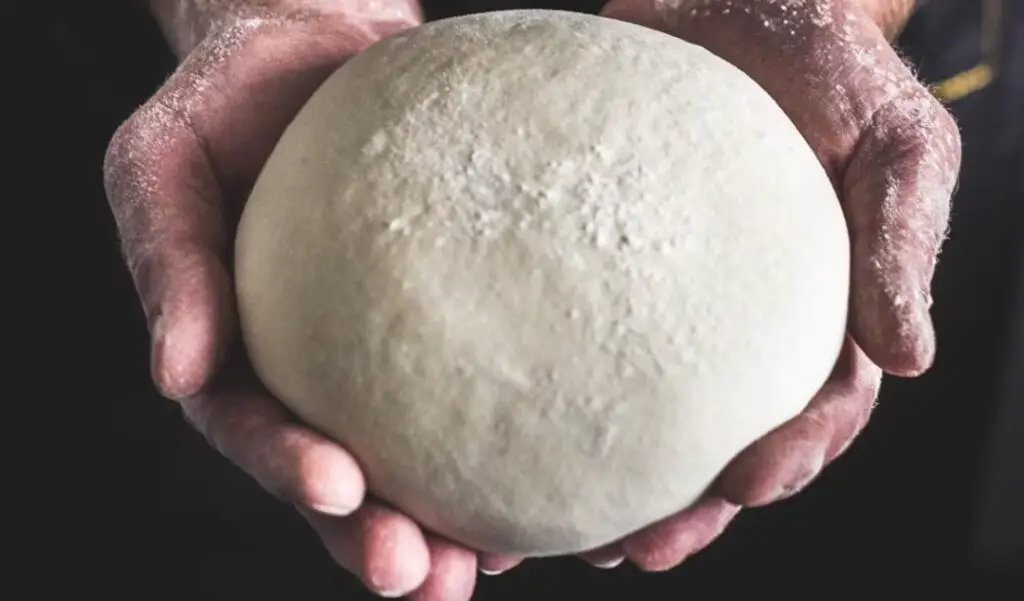
Freshly baked bread is undoubtedly delightful, but the same cannot be said for Bengal cats when it comes to bread dough containing yeast.
Yeast dough poses a significant risk to their health if ingested.
When a Bengal cat consumes raw dough, the warm environment of their stomach can cause the yeast to continue fermenting and release carbon dioxide gas.
This gas buildup can lead to bloating, discomfort, and potentially dangerous complications like gastric dilation-volvulus (GDV).
It’s crucial to keep bread dough out of your Bengal cat’s reach and dispose of any scraps safely.
8. Alcohol or Alcohol Products
It should go without saying that alcohol and Bengal cats do not mix. Alcohol, even in small amounts, can have severe consequences for their well-being.
Bengal cats are highly sensitive to alcohol, and their bodies lack the necessary enzymes to metabolize it efficiently.
Ingesting alcohol can lead to alcohol poisoning, which is extremely dangerous and potentially fatal.
Symptoms can range from disorientation and lethargy to difficulty breathing and even coma.
It is crucial to keep all alcoholic beverages and products securely stored away from your Bengal cat.
9. Salty Foods
Feeding salty foods to your Bengal cat should be avoided.
All cats, including Bengal cats, have specific dietary requirements, and excessive salt consumption can be harmful to their health.
High sodium levels can lead to dehydration, electrolyte imbalances, and even kidney problems in Bengal cats.
It’s best to stick to a balanced and specially formulated cat diet to meet their nutritional needs.
10. Raw Eggs
While raw eggs are often consumed by humans, it’s not recommended to feed them to your Bengal cat.
Raw eggs may contain bacteria such as Salmonella or E. coli, which can cause digestive issues and food poisoning in Bengal cats.
Additionally, raw egg whites contain a protein called avidin, which can interfere with the absorption of biotin, an essential vitamin for Bengal cats and other cats.
It’s safer to feed your Bengal cat cooked eggs, ensuring they are fully cooked without any seasoning or additives.
11. Grapes and Raisins
Grapes and raisins should never be given to your Bengal cat. Even in small amounts, these fruits can be toxic to cats and can lead to kidney failure.
The exact substance in grapes and raisins that causes toxicity is not yet identified, but it’s better to err on the side of caution and avoid them altogether.
If you suspect your Bengal cat has ingested grapes or raisins, it’s crucial to seek immediate veterinary attention.
12. Coffee or Caffeine Products
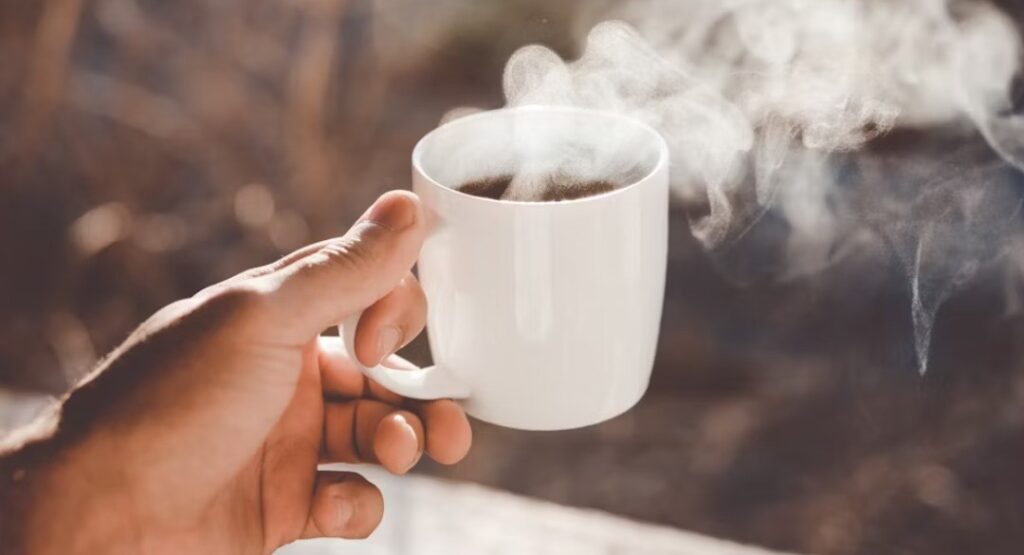
Caffeine-containing products, such as coffee, tea, energy drinks, or chocolate, should never be given to Bengal cats.
Caffeine is a stimulant that affects the central nervous system and can be highly toxic to Bengal cats.
It can cause rapid heartbeat, restlessness, tremors, increased blood pressure, seizures, and, in severe cases, even death.
Keep all caffeine products securely stored away from your cat’s reach to prevent accidental ingestion.
To know if your Bengal cat has eaten any of these foods, it’s essential to be observant of any unusual behaviors or symptoms.
Look out for signs such as vomiting, diarrhea, loss of appetite, excessive thirst or urination, lethargy, or any changes in their behavior.
If you suspect your cat has consumed any harmful foods, it’s always best to consult your veterinarian promptly. They can provide proper guidance, diagnosis, and treatment if necessary.
Remember, providing a balanced and appropriate diet for your Bengal cat is crucial for their overall health and well-being.
It’s always better to opt for cat-specific foods and treats recommended by veterinarians to ensure they receive the necessary nutrients without any potential risks.
Related: Reasons why your Bengal cat is not eating.
Conclusion
As we conclude this eye-opening exploration into what not to feed your Bengal cat, remember that their well-being is in your hands. By avoiding harmful foods and providing a balanced diet, you can ensure a long and happy life for your feline companion. So, go ahead, be a responsible and loving cat parent, and enjoy the purrfect bond with your Bengal!
Questions
Let’s take some questions:
Can I feed my Bengal cat chocolate as a treat?
No, it is important to avoid feeding Bengal cats chocolate as it contains theobromine, which is toxic to cats and can cause various health issues.
Are there any specific fruits that should be avoided in a Bengal cat’s diet?
Yes, some fruits like grapes and raisins should not be given to Bengal cats as they can lead to kidney failure and other complications.
Can I include milk in my Bengal cat’s diet?
Yes, you can give milk to your Bengal cat but, it is generally recommended to avoid giving milk to Bengal cats as most cats are lactose intolerant, which can result in digestive issues like diarrhea.
Should I feed my Bengal cat raw fish?
Yes, you can feed your Bengal cat with raw fish but, it is not advisable to feed Bengal cats raw fish as it may contain harmful bacteria and parasites that can cause digestive problems and even lead to vitamin deficiencies over time.
